Conquer the highest peak in the contiguous United States - a challenging granite summit with breathtaking views of the Sierra Nevada, Owens Valley, and the Eastern Sierra wilderness
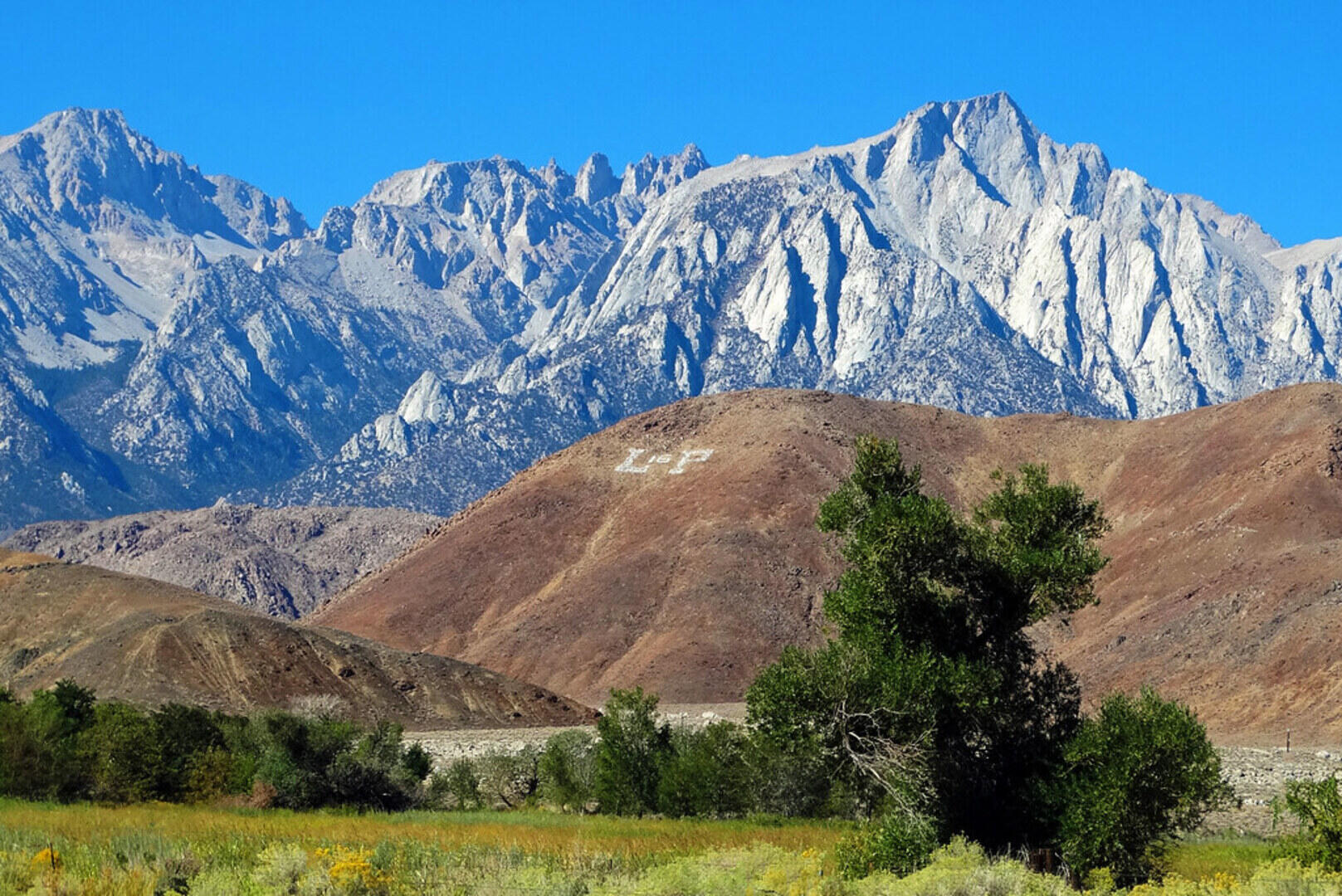
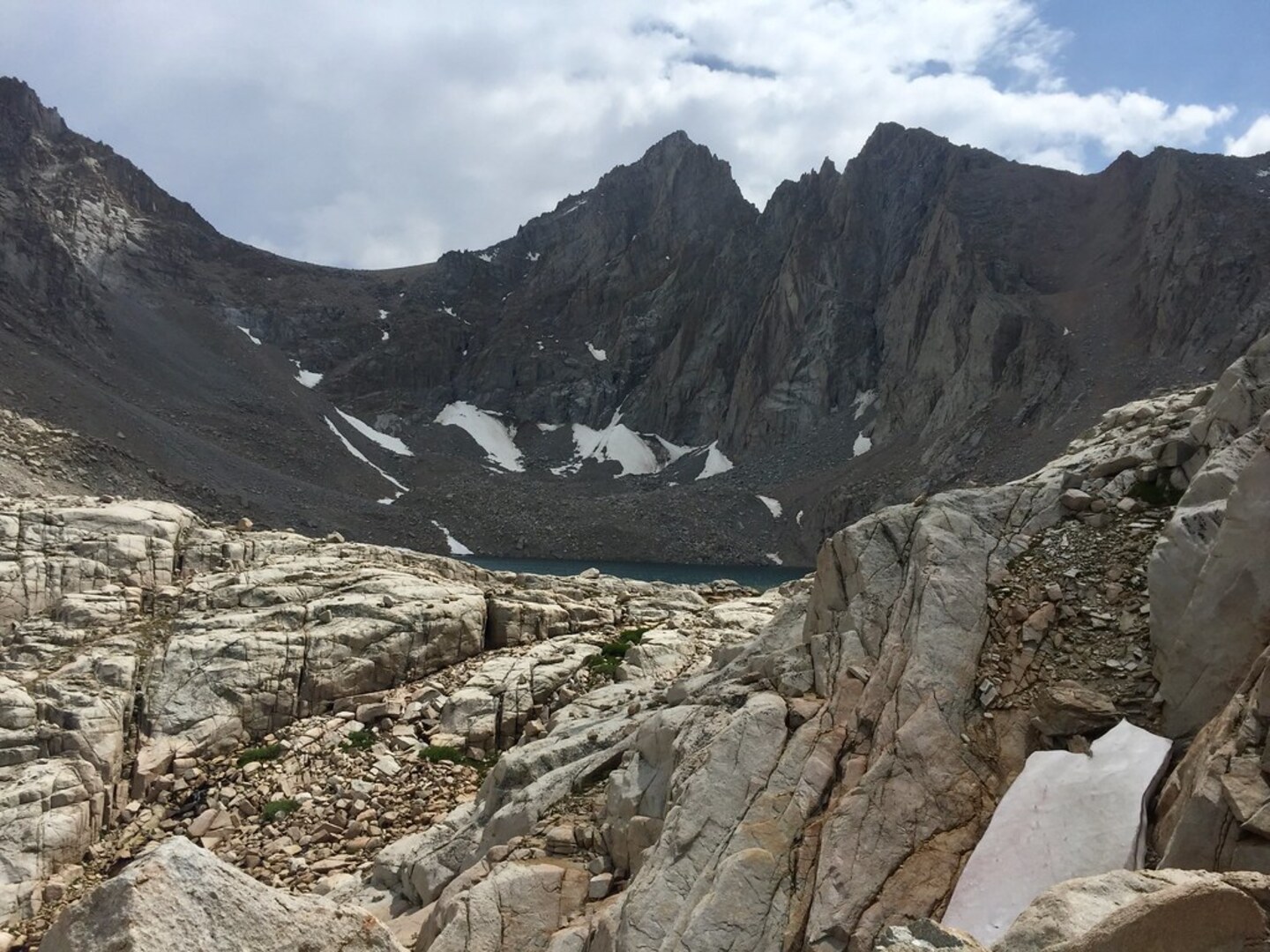
The classic route to the highest peak in the contiguous US, offering spectacular views of the Sierra Nevada, alpine lakes, and the Eastern Sierra. Perfect for experienced hikers seeking the ultimate California summit challenge.
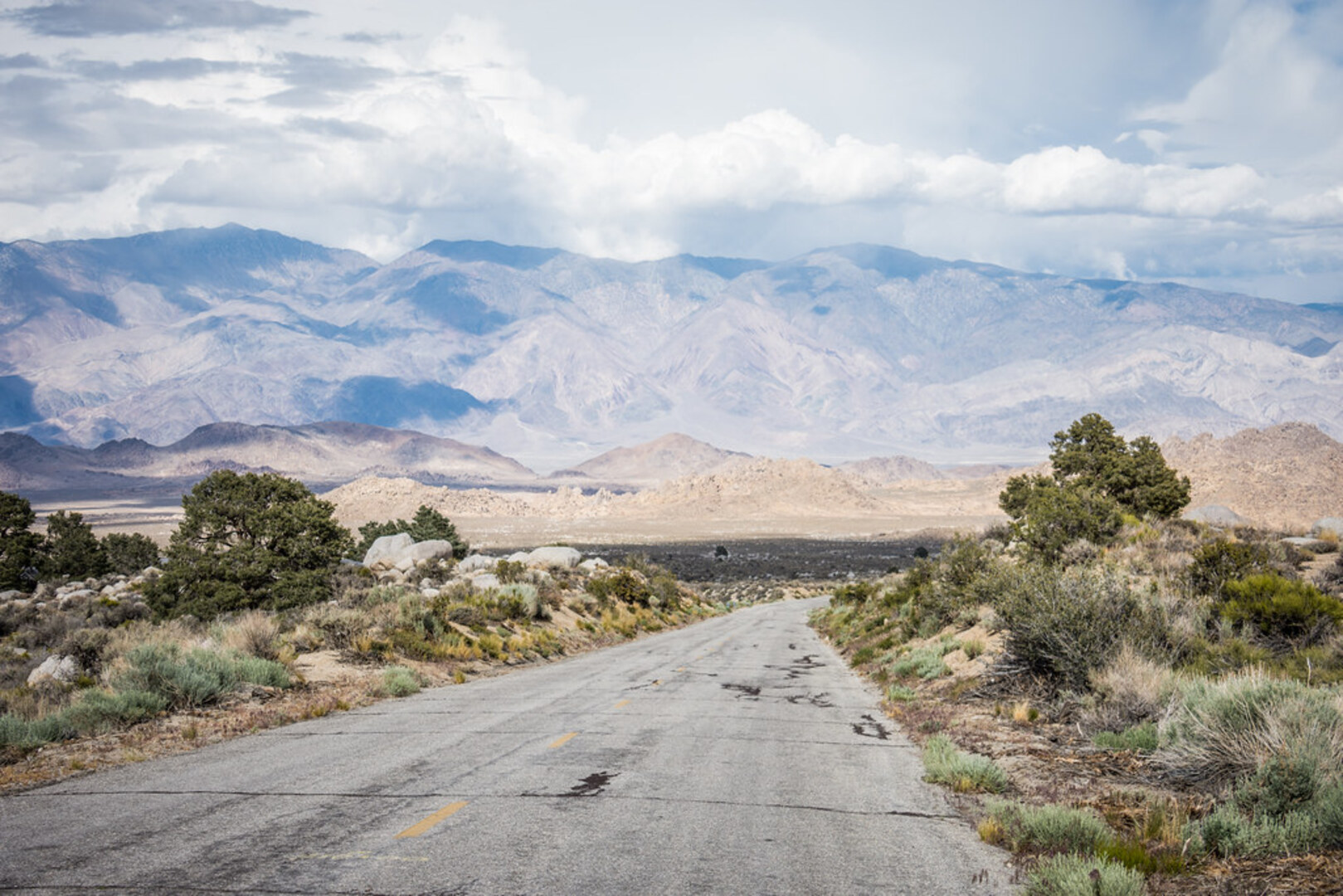
A more technical and physically demanding route to Mount Whitney summit, offering a direct ascent with steep terrain and route-finding challenges for experienced mountaineers.
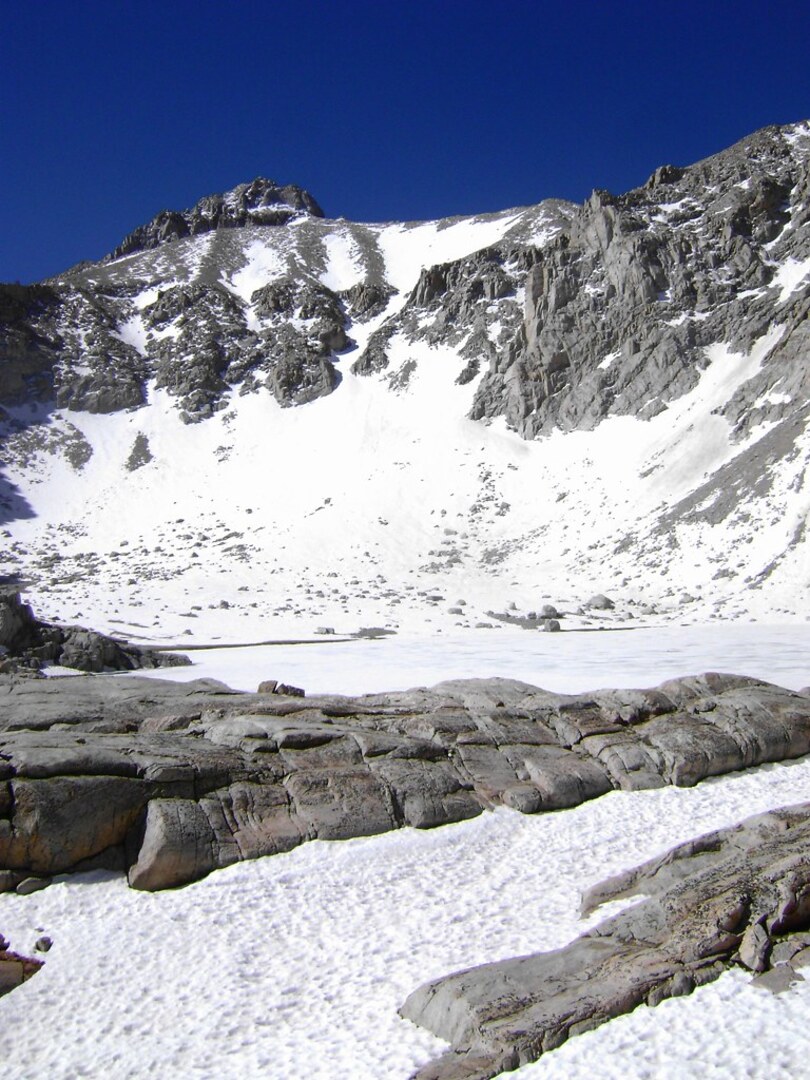
A challenging loop trail encompassing various routes around Mount Whitney, providing diverse perspectives of the peak and surrounding Sierra Nevada wilderness. An epic multi-day adventure.
Mount Whitney, rising 14,505 feet above the Eastern Sierra, stands as the highest peak in the contiguous United States. Its distinctive granite summit and dramatic eastern escarpment have made it a symbol of California's High Sierra and mountaineering achievement.
The mountain is part of the Sierra Nevada range, formed by massive granite intrusions and glacial sculpting. The area is home to mule deer, black bears, mountain goats, and unique alpine flora. The challenging terrain and extreme elevation make it a destination for serious hikers and climbers from around the world.
Whitney lies within the John Muir Wilderness and Sequoia National Park, protecting some of California's most spectacular alpine scenery and the headwaters of the Kern River system.
Discover History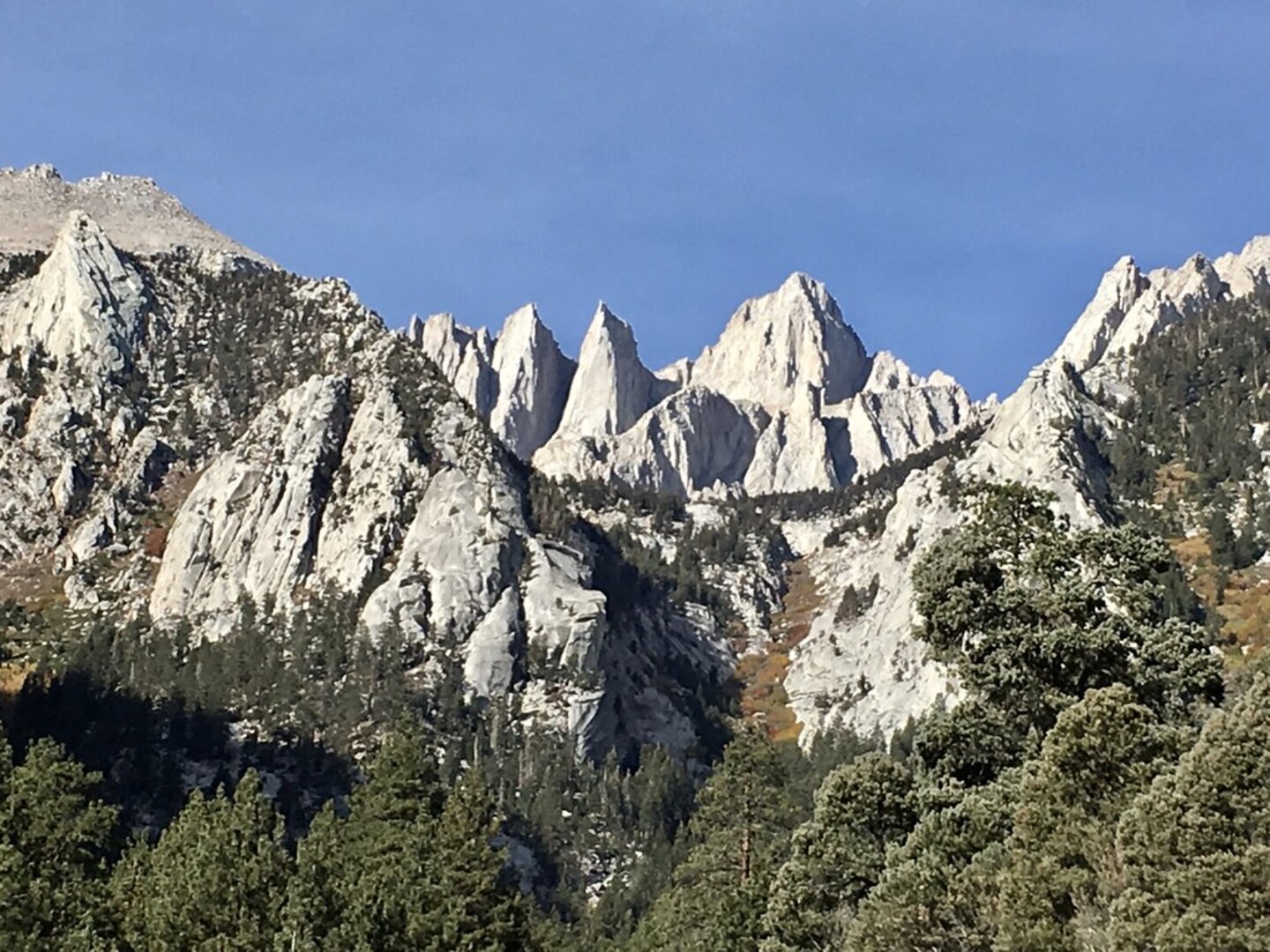
Experience the ultimate California summit - the highest point in the contiguous United States, with its distinctive granite summit and dramatic Eastern Sierra setting.
Spot mule deer, black bears, mountain goats, marmots, and unique alpine flora adapted to the extreme elevation and harsh granite environment of the High Sierra.
Witness stunning alpine lakes, granite cirques, and the dramatic contrast between the desert Owens Valley and the towering Sierra Nevada escarpment.
Capture the ever-changing light on Whitney's granite faces, dramatic weather patterns, and the pristine High Sierra wilderness stretching endlessly westward.
Ancient Times - Sacred Mountain: Mount Whitney has been a sacred landmark for the Paiute and Shoshone peoples for thousands of years, who traveled through the area seasonally and considered the high peaks spiritually significant. The mountain holds deep cultural importance in Native American traditions.
1864 - European Naming: The peak was named after Josiah Whitney, California's state geologist. The first recorded ascent was achieved in 1873 by Charles Begole, Albert Johnson, and John Lucas. The challenging Whitney Trail was built in the early 1900s.
1970s - Wilderness Protection: The John Muir Wilderness is established, protecting Mount Whitney and the surrounding Sierra Nevada ecosystem as part of America's premier wilderness preservation system.
Present Day - Conservation Legacy: Now a world-renowned destination for hikers and climbers, Mount Whitney continues to inspire with its extreme elevation, challenging terrain, and stunning beauty, embodying the wild spirit of California's High Sierra.
Learn more about Mount Whitney's history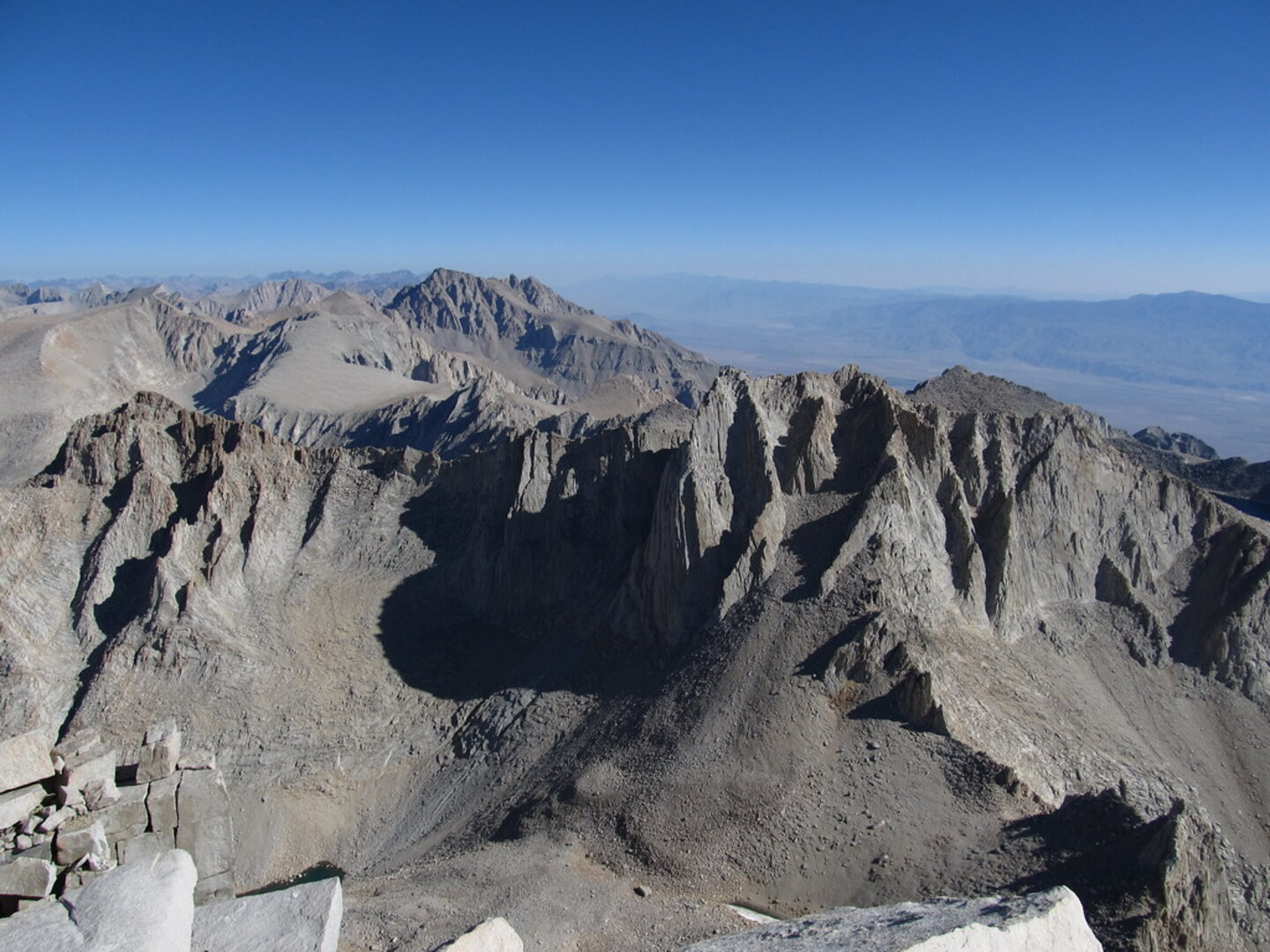
The summit of Mount Whitney offers some of the most spectacular panoramic views in North America, with vast wilderness stretching across the Sierra Nevada and down to the Owens Valley thousands of feet below.
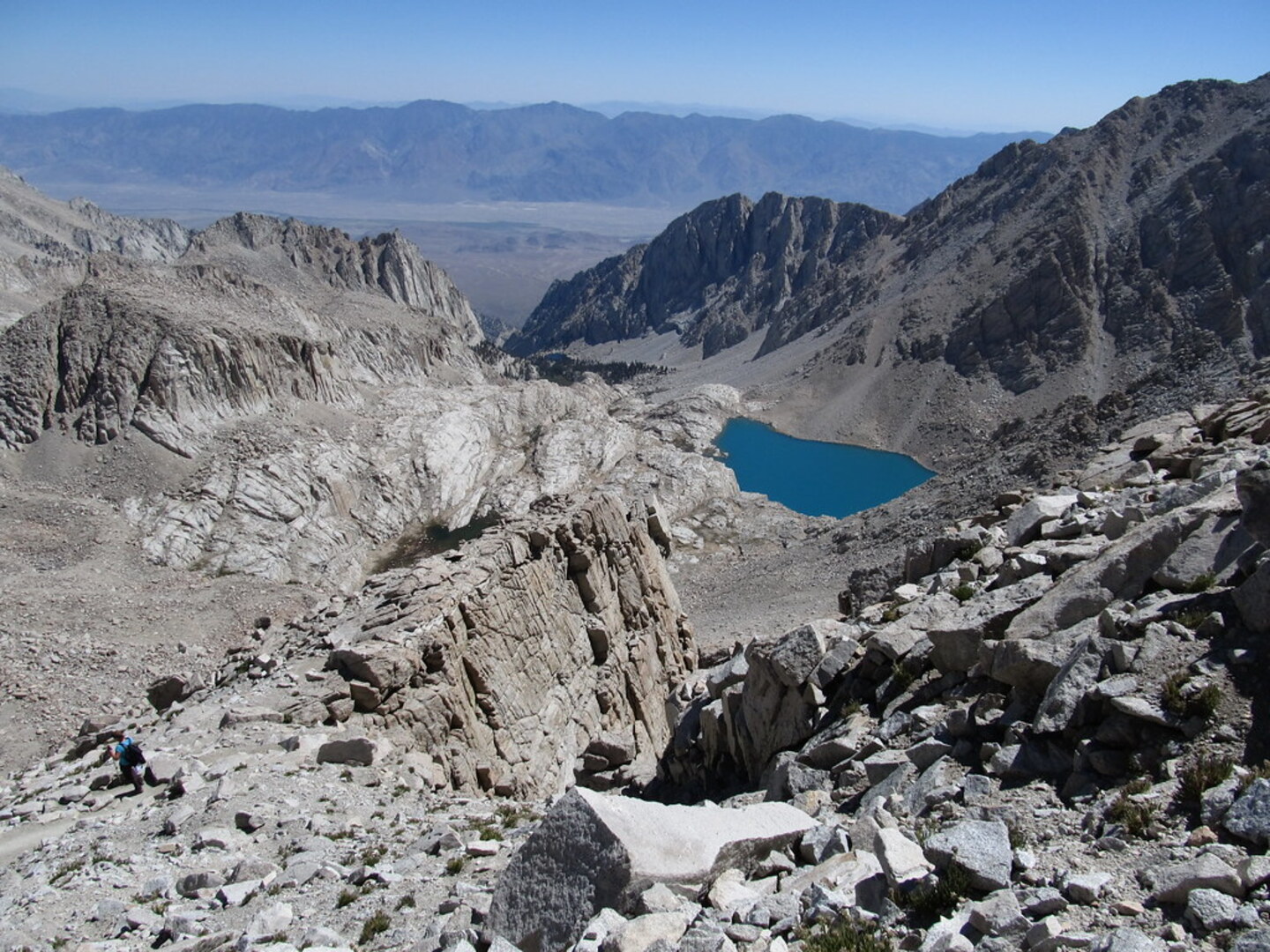
The famous 99 switchbacks and Trail Crest at 13,777 feet offer one of the most challenging and rewarding sections of the climb, with dramatic views of the Sequoia wilderness and Mount Whitney's west face.
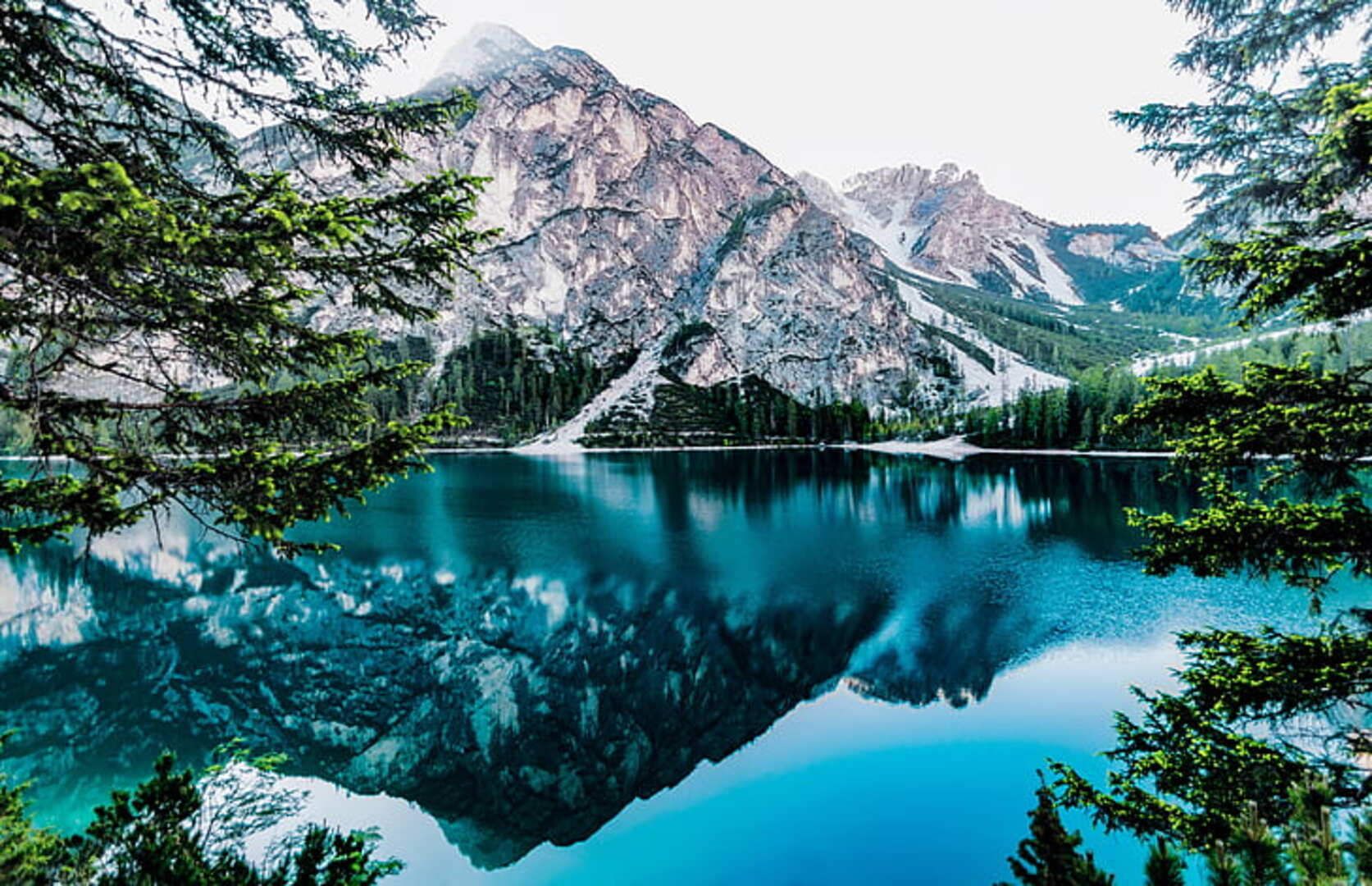
The High Sierra's pristine alpine lakes, carved by ancient glaciers into stunning granite cirques, provide crystal-clear reflections of Whitney's towering peaks and serve as vital water sources.
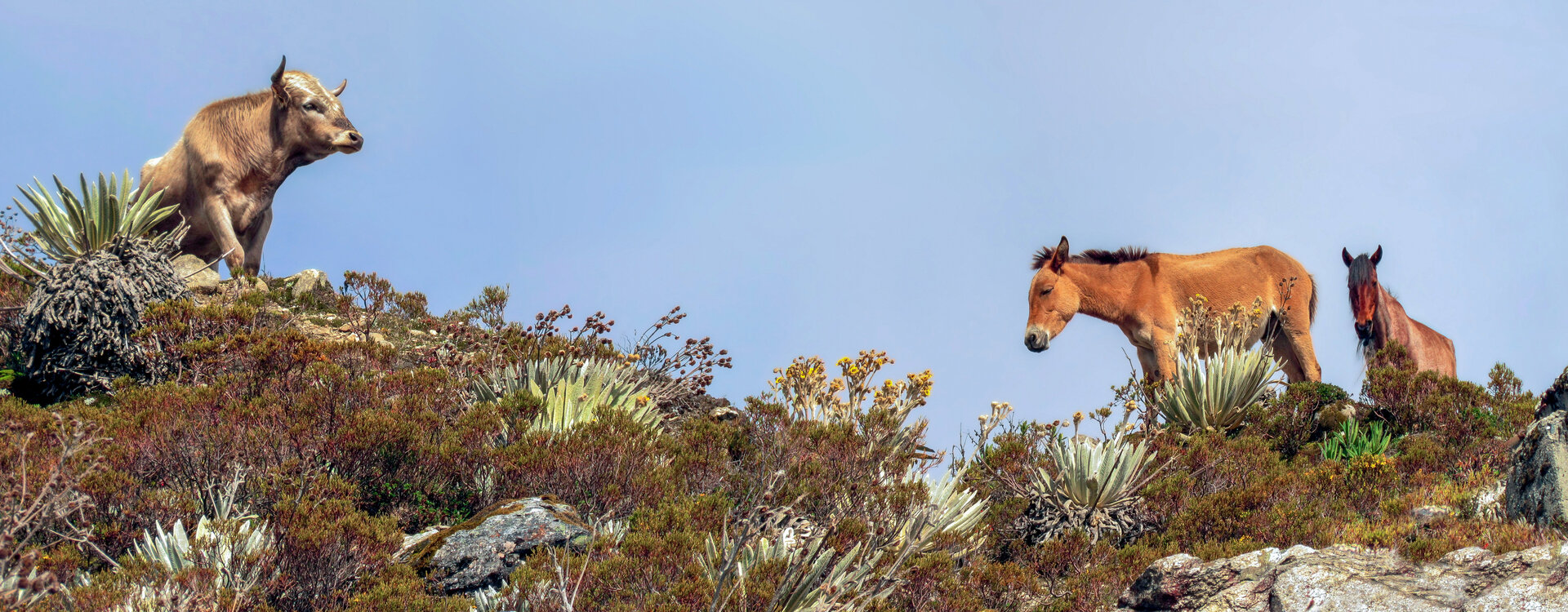
Encounter mule deer, black bears, mountain goats, and marmots, along with golden eagles soaring overhead - an integral part of the Whitney experience in California's wild High Sierra.
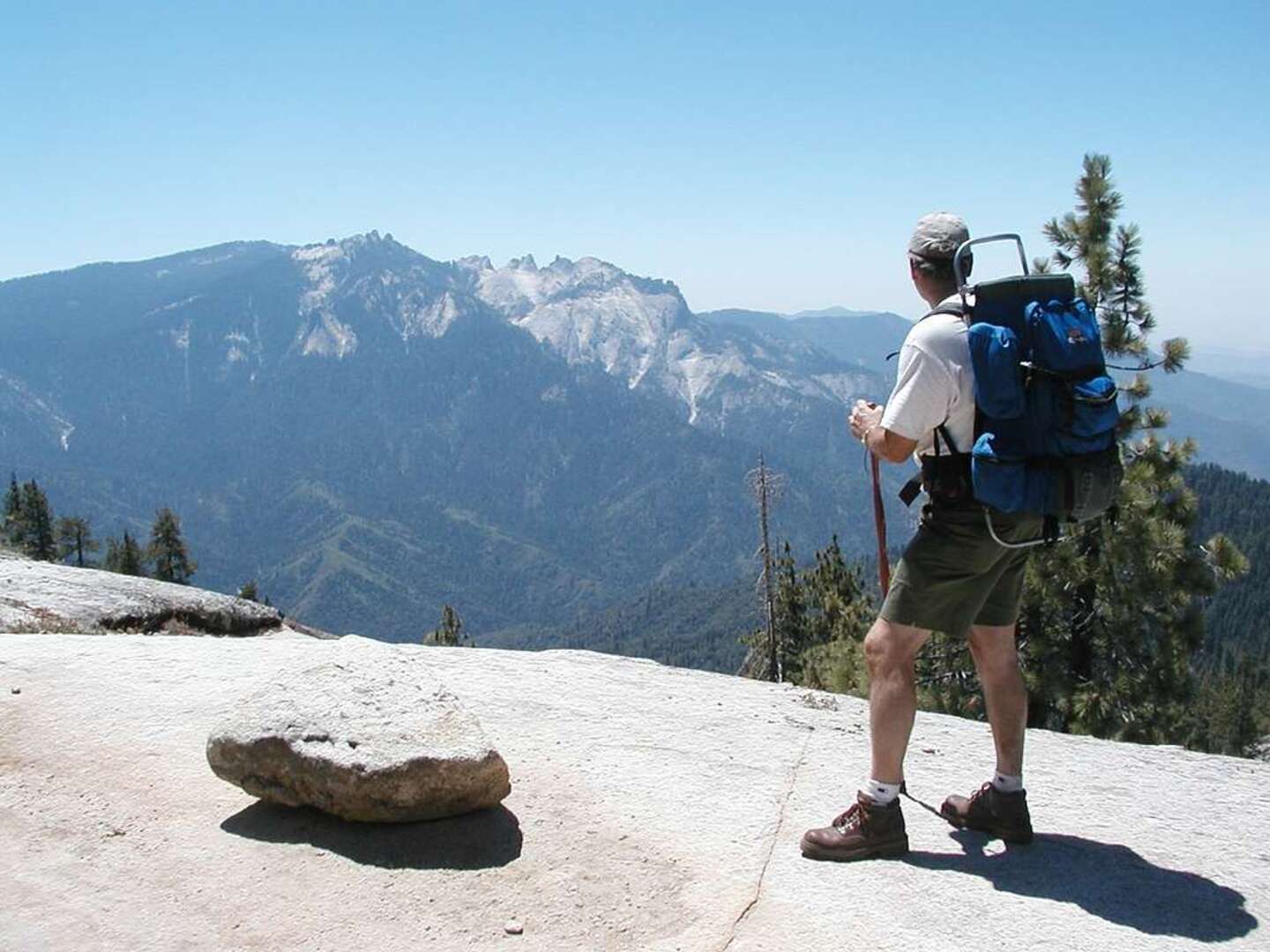
Prepare for your journey with these essential tips:
Address: Mount Whitney, Whitney Portal Road, Lone Pine, Inyo County, California, USA
Nearest Airport: Los Angeles International Airport - 4 hours drive
Coordinates: 36.5786°N, 118.2923°W
Located near Lone Pine in the Eastern Sierra, accessible via Whitney Portal Road. The main trail starts from Whitney Portal at 8,365 feet elevation. From Los Angeles, take US-395 north through the Owens Valley to reach this iconic Sierra Nevada destination.
Yes, permits are required year-round for both day hikes and overnight trips. Day permits cost $15 and overnight permits cost $15 plus $5 per person. Reserve through Recreation.gov.
The Whitney Trail is extremely strenuous, covering 22 miles round-trip with over 6,100 feet of elevation gain. It requires excellent fitness and high-altitude experience. Start before dawn and allow 12-16 hours.
July through September offers the best conditions with snow-free trails. Winter climbing requires mountaineering experience due to snow, ice, and extreme avalanche danger.
Pack layers for all weather conditions, plenty of water, food, headlamp, emergency gear, and bear-resistant food containers. High altitude conditions can change rapidly from hot to freezing.
Look for mule deer, black bears, mountain goats, marmots, and golden eagles, along with unique alpine flora adapted to the extreme elevation of the High Sierra.
Lone Pine is the primary gateway town with hotels, restaurants, and supplies. Whitney Portal has a small store and restroom facilities but no overnight accommodations.
The summit trail is extremely challenging and not suitable for beginners. However, the Whitney Portal area has some easier trails for those wanting to experience the Eastern Sierra environment.